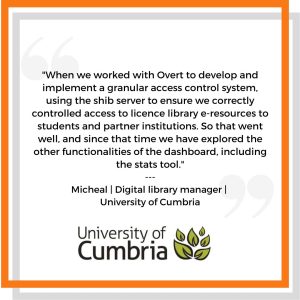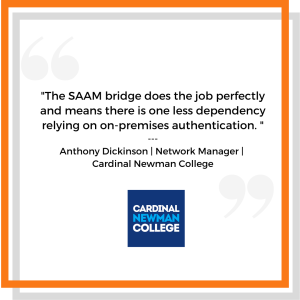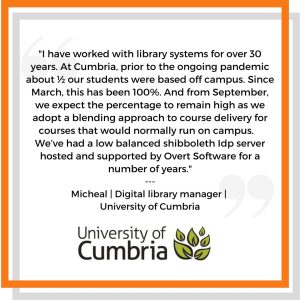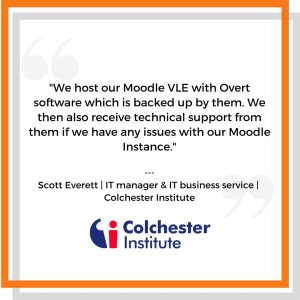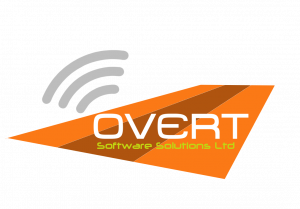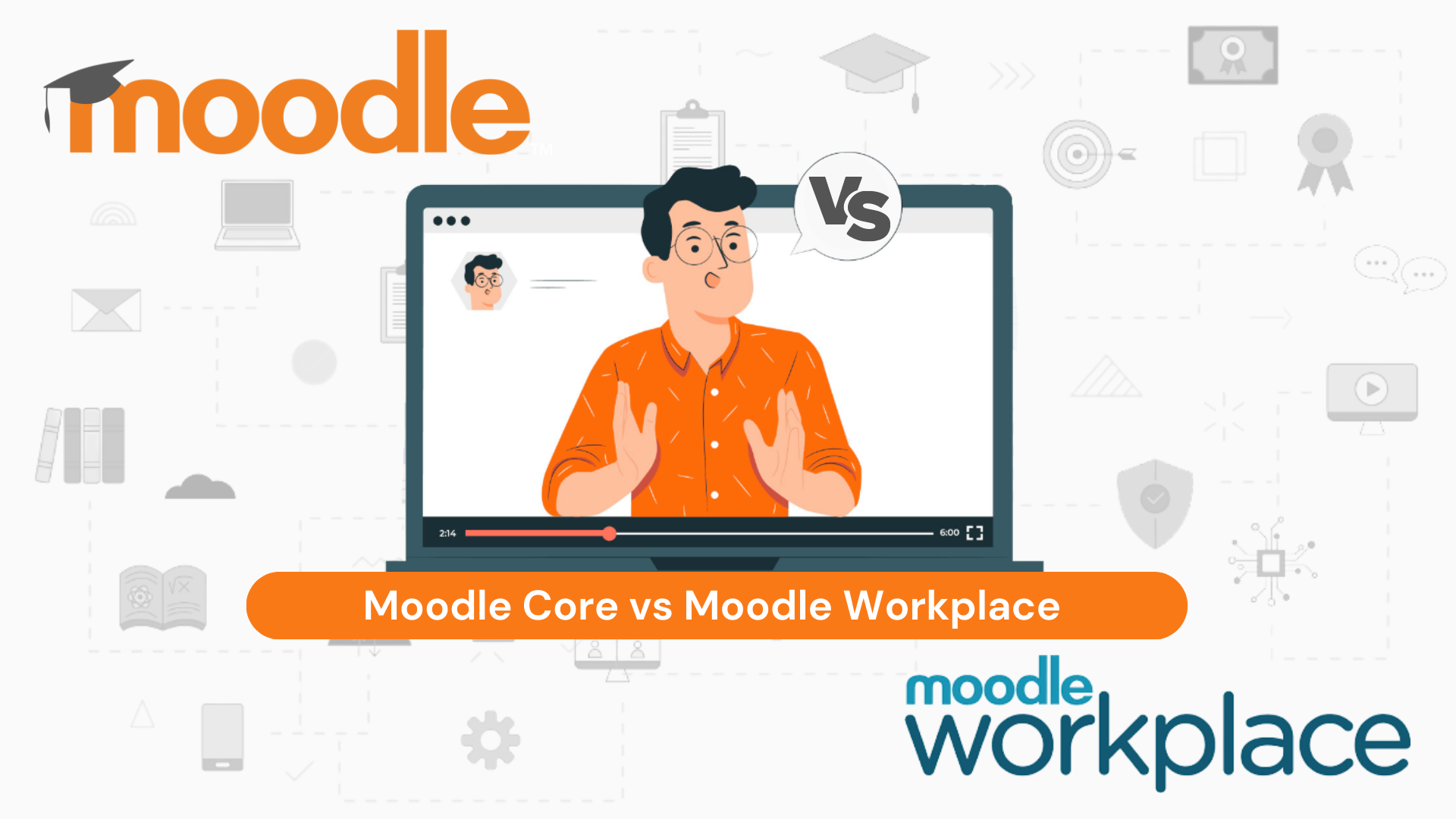
Moodle Core and Moodle Workplace are SaaS solutions that help improve learning experiences. Here, we will explore the best features of both LMS platforms and how they compare to each other.
Moodle is one of the most popular LMSs available, and has been widely used in many industries for over two decades. More recently, the developers behind Moodle launched Moodle Workplace, a product aimed at delivering new functionalities for organisations outside the education sector. In this article, we will explore the features of each product and make a comparison between the two.
VLE vs LMS
VLEs (virtual learning environments) and LMSs (learning management systems) are similar in purpose, but they approach different audiences. A VLE is designed for educational purposes, while an LMS is used in the workplace to deliver training.
The key difference between training and education is that training is more mechanical, focusing on developing skills through repetition. Education, on the other hand, is broader in scope and associated with learning rather than skill development. Here are some of the similarities you can find from both VLE and LMS:
Virtual Learning Environment (VLE)
VLE helps educators provide an engaging learning experience no matter where their students live. Here are some benefits of VLE:
Allows students to complete their assignments, projects, and classes from anywhere.
Allows teachers to create schedules that suit their student’s needs
Teachers can keep tabs on their students' progress in real-time, so they can see how students are doing.
Overview: What is an LMS?
An LMS — or learning management system — is a piece of software that facilitates the creation and provision of learning courses. Most LMSs are online platforms where libraries of educational content are stored, and many allow for virtual lessons to be held. Integration capabilities are common, and many applications can be connected to LMSs to provide more 'seamless' teaching and learning experiences. Popular LMSs include Moodle, Blackboard, Canvas, and LMS365. LMSs are used widely in the education sector, but are also increasingly being used for corporate purposes in a variety of industries to train and develop employee skill sets.
Objectives of an LMS
An LMS is typically used to improve learning experiences and, consequently, improve learning outcomes. They enable institutions to create and store educational content and courses more efficiently, reducing the administrative workload (and often the financial burden) of carrying these processes out manually and without a comprehensive solution. The processes of teaching, assessing, and obtaining feedback can all be streamlined significantly.
LMSs enable the provisioner to deliver virtual and blended learning, which is especially useful for learners who are located remotely. This learner-focused training technique allows topics that are more complex to be distinguished from those that are simpler and enables courses to be administered correctly.
In addition to this, institutions can track and monitor learners' progress more effectively with the reporting and data analytics tools typically included with LMSs. It isn't just educational institutions that can benefit from these platforms either — by using an LMS, corporate organisations can improve the performance of employees and ultimately drive growth and revenue.
What is Moodle Core?

The term 'Moodle Core' refers to the standard Moodle LMS platform, minus any additional third-party plugins or the Moodle Workplace features. Launched in 2002, Moodle is often considered the gold standard for LMSs, and enables far greater customisation than rivals like Blackboard and Canvas. Moodle is open-source, and its GNU General Public License allows anybody to download and use it. Hundreds of thousands of Moodle sites, and millions of courses, have been created. Moodle is compatible with Windows, macOS, Linux, and any operating system that supports PHP.
The Moodle Core platform was designed to be used as a comprehensive VLE (virtual learning environment). Its application configurations and visual aesthetic can be customised to each institution's needs, and the Moodle community also frequently creates and updates new plugins — there are currently over 1,700 in the Moodle database. Due to Moodle's immense popularity, even huge companies like Microsoft, WebEx, and Zoom provide plugins to enable integration of their applications with Moodle. For example, Microsoft's 365 apps such as Word, Excel, Outlook, and OneDrive can all be accessed from within Moodle when these plugins are used. Others have also created plugins that integrate services like YouTube, Vimeo, Kaltura, and BigBlueButton.
Moodle is used extensively in sectors like education, healthcare, finance, and other corporate industries. Any organisation or institution that needs to provide learning and training can benefit from using Moodle. Research has linked Moodle to improved learning outcomes — for example, a 2017 study found a positive correlation between students' use of Moodle and their performance in end-of-year examinations at the Department of Obstetrics and Gynaecology at the Royal College of Surgeons Ireland (RCSI).
What is Moodle Workplace?

Moodle Workplace is — in the words of the Moodle developers — "a learning solution to support effective organisational training that combines the proven power, scalability and flexibility of the Moodle LMS with completely new features specially designed to support professional learning and development." In contrast to Moodle Core, Moodle Workplace was designed to be an LMS for corporate use, although it can also be used by educational institutions, non-profits, and other organisations.
Moodle Workplace is based on the Moodle Core architecture, yet includes extra features designed to optimise the LMS overview for workplace learning. These features include Multi-tenancy (the creation of different 'tenants' within a broader organisation, such as different hospitals within a trust), the ability to create hierarchies and departments, a Report Builder, Certificates, Dynamic Rules (such as Certificates being automatically issued after the completion of courses), and appointment bookings.
Moodle Core vs Moodle Workplace
While Moodle Core is free and open-source, Moodle Workplace costs money and requires a license to access. The exact cost of Moodle Workplace varies depending on the institution, and can only be determined by applying for a quote from Moodle’s developers. To download Moodle Workplace, institutions need the support of a 'Premium Partner'. Both Moodle Core and Moodle Workplace have their own mobile apps for users and administrators.
It may seem that Moodle Core is relatively light on features in comparison with Moodle Workplace, but Moodle Core is in fact capable of many uses and a near-unlimited degree of customisation. While Moodle Workplace may make certain features more intuitive and remove the need for programming, most of these features are possible to integrate into Moodle Core. Moodle Workplace is essentially a collection of plugins added to Moodle Core, but many third-party plugins fulfil the same purposes.
For organisations willing to pay additional costs for convenience and the ability to use additional features without needing a high level of technical knowledge, Moodle Workplace can be extremely useful. Workplace's features are also updated regularly by the Moodle developers themselves. However, for organisations with the internal technical knowledge needed to customise their LMS (and potentially to regularly update plugins to make sure that they remain compatible with Moodle upgrades), Moodle Core can provide all of the same benefits.
Comparison of Moodle Core vs Moodle Workplace
Moodle Core | Moodle Workplace | |
|---|---|---|
Company Info | ||
Categories | ||
Release date & Version | Latest ver: 4.0 - April 2022 | Latest ver: 4.0.6 - January 2023 |
Platform Supported |
operating systems that support PHP and a database, including webhost providers. |
operating systems that support PHP and a database, including webhost providers. |
Devices Supported |
|
|
Audience | Moodle is an all-in-one learning platform that provides students, teachers and administrators with everything they need to support both hybrid learning and 100% online courses.
| Moodle Workplace is specifically targetted at business users, with features for different departments.
|
Authentication | Authentication API
| Multi-tenancy Authentication |
Content Import/ export | Supports the use of XML for content import/export (standard in Moodle). | Supports the use of XML for content import/export |
Report Builder | With a drag and drop interface, you can easily generate reports from the datastore with instant previews of your data.
You can filter and aggregate your data from various sources, including the Datastore, and schedule reports to be sent automatically to different audiences. | Administrators can create reports with the report builder interface, which offers advanced customization options. |
System Features |
Moodle Core | Moodle Workplace | |
|---|---|---|
Academic/ Education |  |  |
Asynchronous Learning |  |  |
Built-in Course Authoring |  |  |
Business / Corporate |  |  |
eCommerce |  |  |
Gamification |  |  |
Learner Portal |  |  |
Mobile learning |  |  |
SCROM compliance |  |  |
Video conferencing |  |  |
Intergrations |
Moodle Core | Moodle Workplace | |
|---|---|---|
H5P |  |  |
Eduflow |  |  |
MagicBox |  |  |
MegaExams |  |  |
ONLYOFFICE |  |  |
Open eLMS |  |  |
PSI Bridge |  |  |
Padlet |  |  |
Overt Software Solution’s LMS Solution
Choosing the right e-learning software can be difficult, and there is no one solution that suits all organisations perfectly. Moodle is a highly trusted and widely used platform, yet the Moodle Workplace features can also be useful to some. Many companies also offer training and support in using Moodle, which can enable organisations to optimise Moodle Core to provide the same benefits as Moodle Workplace.
Overt Software Solutions offers a variety of hosting and support packages, with highly qualified technical experts who have been using the software for many years. Choosing the right provider is essential if you're considering implementing a Moodle or Mahara Learning Management System (LMS) at your organisation. With Overt's technical support, you can get the most out of your LMS platform worry-free.
You’ll receive super reliable support with Overt Software’s LMS solutions. In addition to all of the functionality that a primary Moodle LMS offers, our solutions provide some key value-add services to help you get the most out of your system. To request a quote or for more info, contact our success team.
Discover how Overt Software Solutions is being used by a wide variety of customers by reading their success stories.
